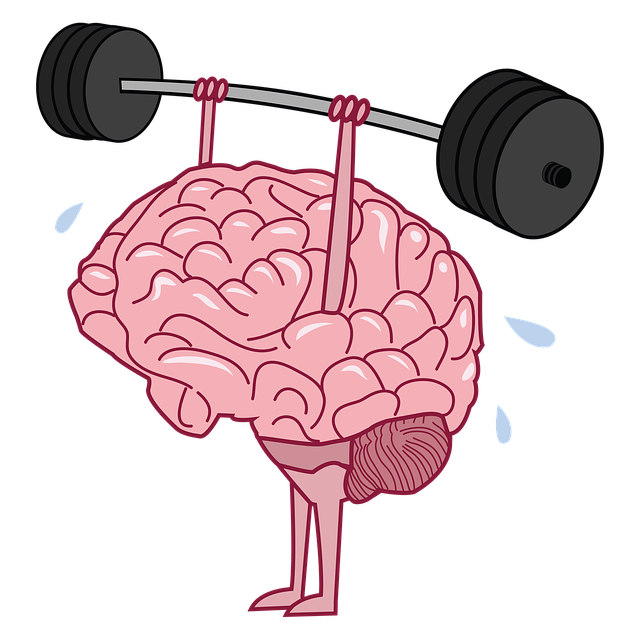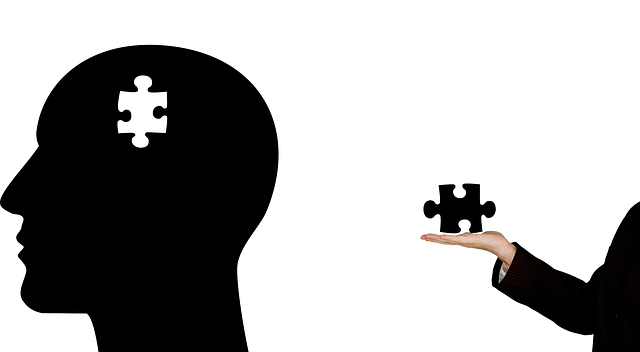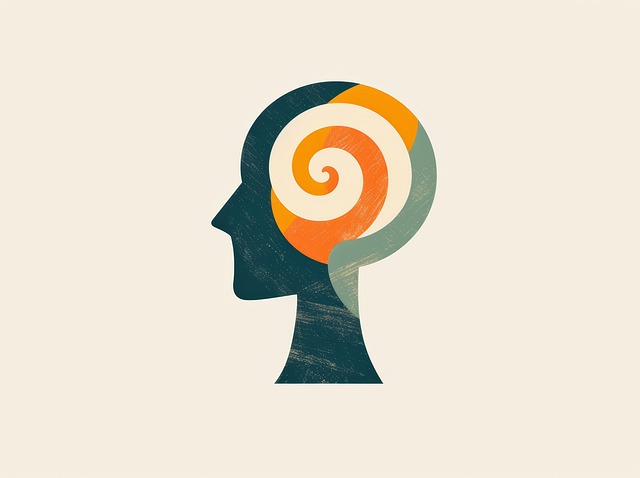In Longmont, cultural competency is key in healthcare, especially for addressing child abuse and mental health issues. Understanding diverse backgrounds, values, and practices helps therapists provide personalized, sensitive care. Training programs, like those offered by Longmont Child Abuse Therapy, use interactive methods to educate professionals on overcoming biases and cultural stereotypes. By focusing on positive thinking, conflict resolution, and self-care, these initiatives enhance therapy outcomes for vulnerable populations. Continuous education through mental health policy analysis and advocacy ensures healthcare providers stay culturally sensitive and equipped to serve diverse communities effectively.
In today’s diverse healthcare landscape, cultural competency training is no longer an option—it’s a necessity. Effective treatment demands understanding and respect for patients’ unique cultural backgrounds, especially in sensitive areas like child abuse therapy. This article explores these critical topics, focusing on the impact of cultural biases and stereotypes. We highlight Longmont Child Abuse Therapy’s approach to addressing community needs and designing comprehensive training programs for healthcare providers. Continuous education is also discussed as a vital tool for enhancing cultural sensitivity.
- Understanding Cultural Competency in Healthcare: A Necessity for Effective Treatment
- The Impact of Cultural Biases and Stereotypes on Child Abuse Therapy
- Longmont Child Abuse Therapy: Addressing Unique Community Needs
- Designing Comprehensive Training Programs for Healthcare Providers
- Continuous Education and Its Role in Enhancing Cultural Sensitivity
Understanding Cultural Competency in Healthcare: A Necessity for Effective Treatment

In the realm of healthcare, cultural competency is no longer a desirable trait but an absolute necessity. It involves understanding, respecting, and effectively communicating with individuals from diverse cultural backgrounds, ensuring that their unique needs are met. This is especially crucial in communities like Longmont, where a range of ethnic, racial, and socioeconomic groups coexist, including those who have experienced child abuse. Effective therapy for mental health issues, such as depression prevention, heavily relies on building strong therapeutic alliances, which are facilitated by cultural competency. Healthcare providers equipped with these skills can foster empathy, navigate complex communication barriers, and provide more personalized care.
Cultural competency training equips professionals with strategies to enhance their ability to connect with patients from different walks of life. This includes learning about various cultural beliefs, values, practices, and customs that may influence healthcare-seeking behaviors. For instance, understanding the impact of culture on perceptions of mental health and depression prevention can significantly improve outcomes. Moreover, it promotes a holistic approach to mental health policy analysis and advocacy, ensuring services are culturally sensitive and accessible to all.
The Impact of Cultural Biases and Stereotypes on Child Abuse Therapy

Cultural biases and stereotypes can significantly impact the field of child abuse therapy, often hindering the healing process for young victims. Therapists, despite their best intentions, may inadvertently introduce biases that affect their interactions with clients from diverse backgrounds. For instance, assumptions about a family’s dynamics or behaviors based on cultural stereotypes could lead to misinterpreting a child’s experiences and delays in appropriate interventions. In Longmont Child Abuse Therapy, these biases can create barriers, causing therapists to miss crucial details or fail to connect with families who have unique cultural perspectives.
The concept of Mind Over Matter Principles emphasizes the power of positive thinking and awareness of one’s preconceived notions. Therapists trained in conflict resolution techniques that foster understanding and empathy across cultures are better equipped to navigate these challenges. By acknowledging and addressing their own biases, they can create a safe space for children and families to share their stories without fear of judgment or stereotypes. This shift towards culturally competent practice ensures that every child receives the sensitive care they deserve, promoting positive outcomes in therapy.
Longmont Child Abuse Therapy: Addressing Unique Community Needs

In Longmont, Colorado, Child Abuse Therapy services play a crucial role in addressing unique community needs. This specialized program focuses on providing supportive and culturally competent care to children and families affected by abuse and neglect. By integrating evidence-based therapeutic techniques with a deep understanding of the local cultural landscape, Longmont Child Abuse Therapy ensures that every individual receives tailored support. The team of experts is committed to not only healing trauma but also fostering self-care practices and self-esteem improvement among vulnerable populations.
Unique to this initiative is its emphasis on risk assessment for mental health professionals, ensuring that practitioners are equipped to navigate complex community dynamics. Through ongoing training and education, Longmont Child Abuse Therapy remains at the forefront of cultural competency, making a significant impact on the well-being and resilience of children and families within the region.
Designing Comprehensive Training Programs for Healthcare Providers

Designing comprehensive training programs for healthcare providers involves recognizing the diverse needs and backgrounds of patients they serve. Longmont Child Abuse Therapy, for instance, highlights the importance of cultural competency in addressing complex issues like child abuse. Effective training should incorporate various methodologies such as role-playing scenarios, case studies, and interactive workshops to cater to different learning styles. By fostering an environment where providers can openly discuss sensitive topics related to culture, race, gender, and mental health, they gain insights into the unique perspectives of their patients.
Integrating self-care practices within these training programs is equally vital. Healthcare Provider Cultural Competency Training should not only equip professionals with cultural sensitivity but also teach them strategies for maintaining their own mental wellness. Mental Wellness Coaching Programs Development can be a valuable component, offering support and guidance to help providers manage stress and prevent burnout. This holistic approach ensures that healthcare workers are better equipped to deliver compassionate and culturally sensitive care while preserving their professional resilience.
Continuous Education and Its Role in Enhancing Cultural Sensitivity

In today’s diverse healthcare landscape, continuous education plays a pivotal role in enhancing cultural sensitivity among providers. Longmont Child Abuse Therapy, for instance, has recognized this need and incorporated regular training sessions focused on mental health policy analysis and advocacy, as well as risk assessment for mental health professionals. These ongoing learning initiatives ensure that healthcare providers stay updated with the latest best practices and research in cultural competency.
By participating in such programs, healthcare providers can better understand and navigate the complex web of cultural differences, biases, and unconscious preconceptions. This not only improves patient outcomes but also fosters a more inclusive and empathetic environment. Regular training sessions, such as those offered by Longmont Child Abuse Therapy, are essential tools to promote cultural competency among healthcare providers, ultimately benefiting all individuals seeking mental health services.
Cultural competency training is a vital tool in enhancing healthcare services, especially in areas like Longmont Child Abuse Therapy. By addressing biases and stereotypes, healthcare providers can offer more effective treatment tailored to diverse community needs. Comprehensive programs that include continuous education are key to fostering sensitivity and ensuring every patient receives care that respects their unique cultural backgrounds. This approach not only improves patient outcomes but also strengthens the overall healthcare system’s ability to serve all individuals equitably.














